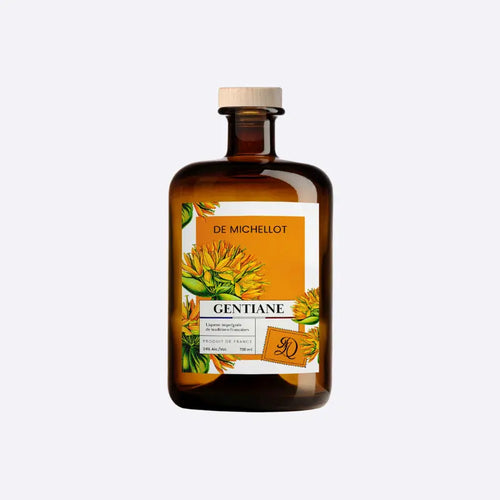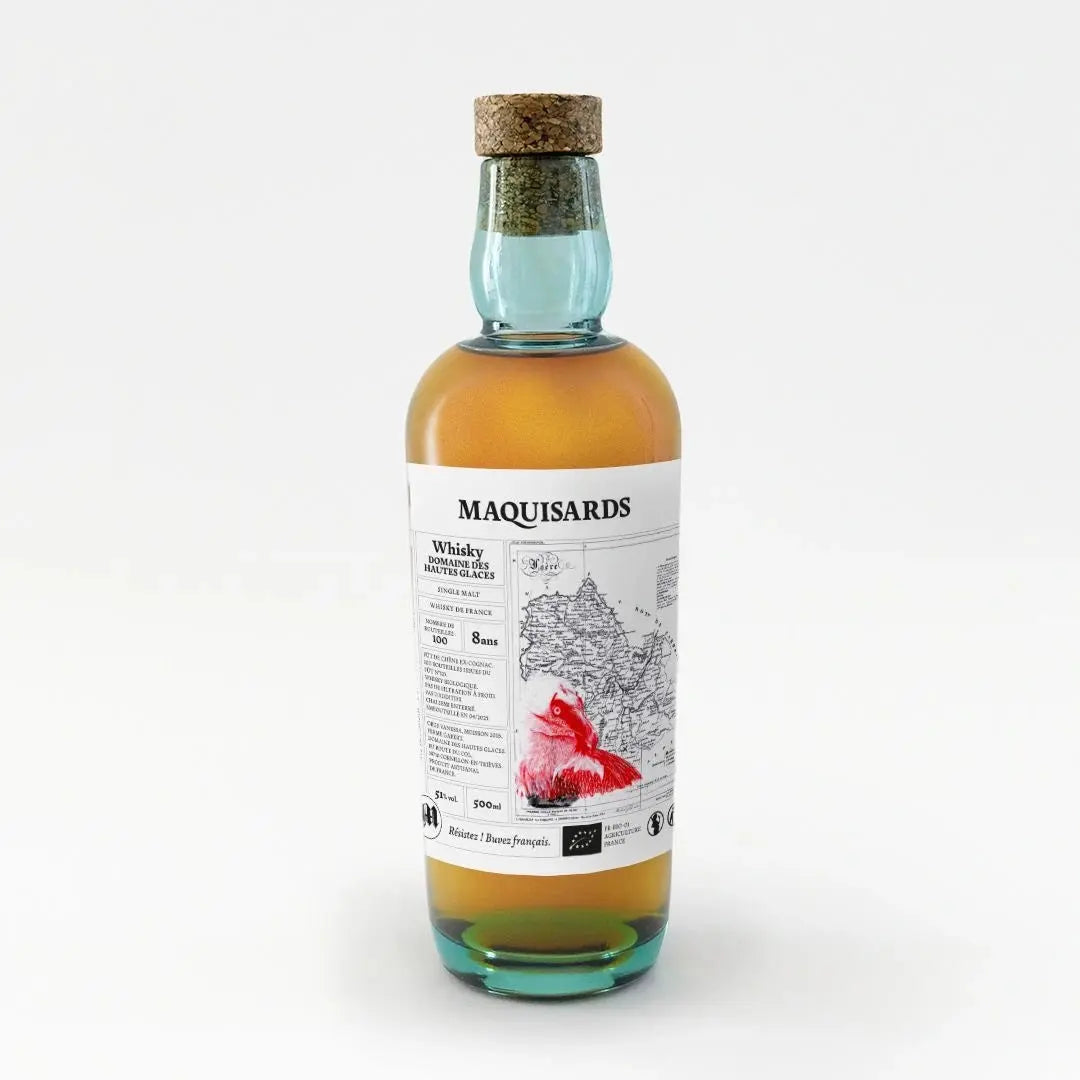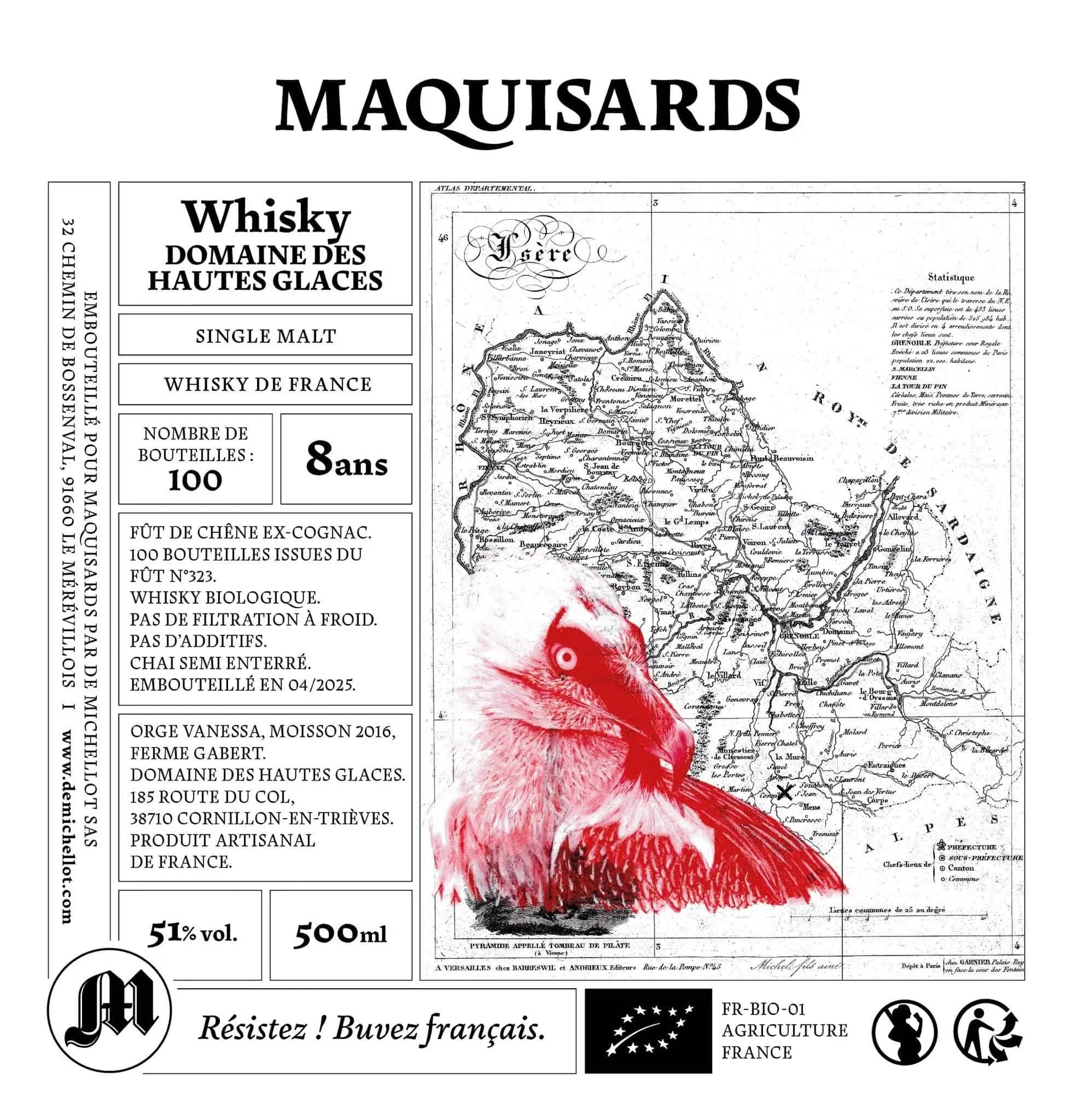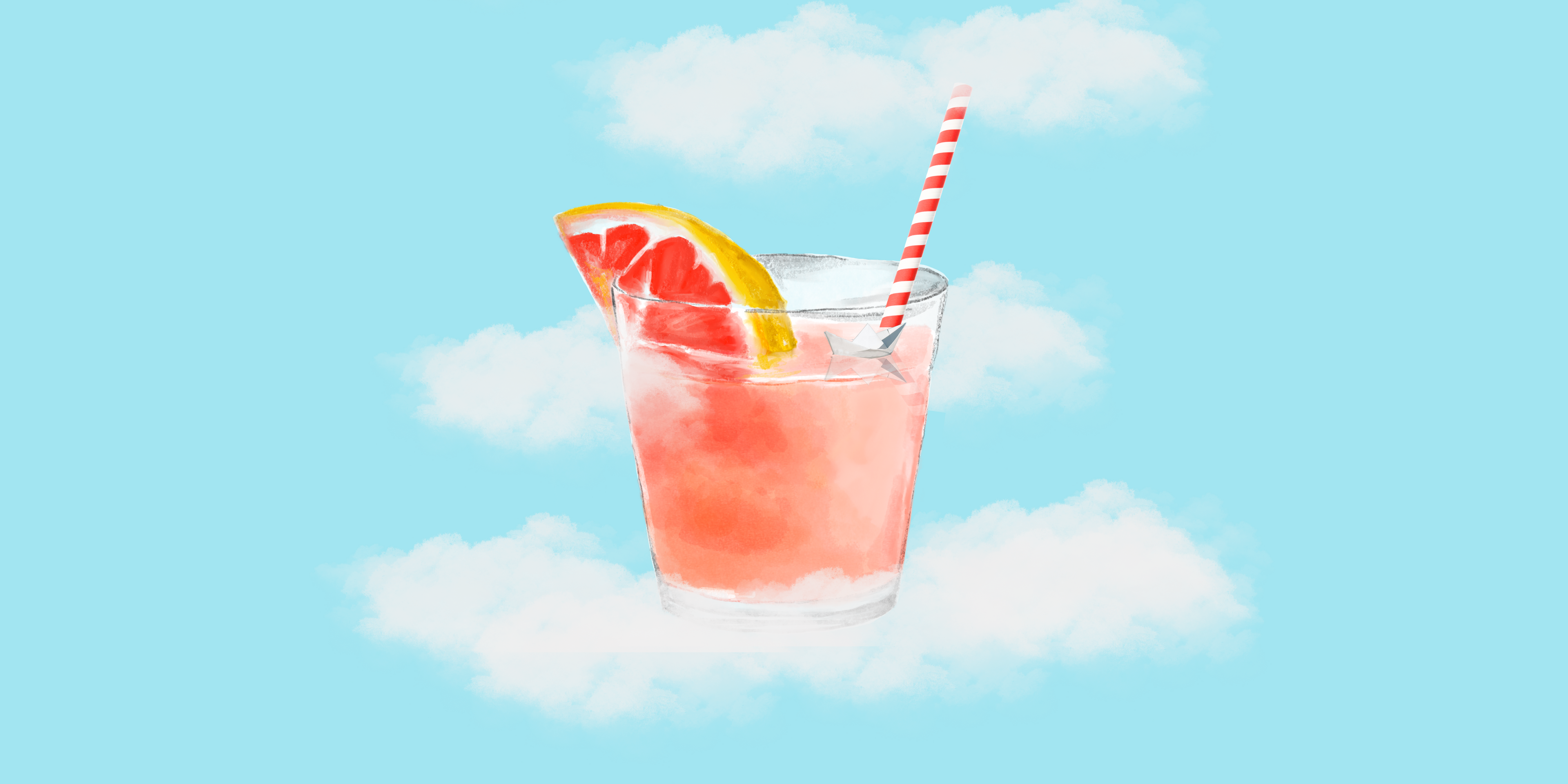Let customers speak for us
from 89 reviewsJe recommande vivement De Michellot! C'est vraiment top qualité prix! Livraisons sécurisées et très bien emballées avec des délais respectés. Vous pouvez faire confiance les yeux fermés..
Étant Savoyard, ce Génépi se respecte ! À consommer sans modération
Super produit, merci de proposer des pépites comme celle-ci.
Parfait
Une très grande longueur en bouche, plein de saveurs, elle évolue avec le temps. Elle change aussi bien au nez que dans le palais. Un très grand plaisir pour ce Calvados.
J’ai pu goûter, bon j’ai 20 ans et j’ai pas goûté beaucoup de spiritueux. Sans abuser je pense développer une sorte de passion depuis ce maquisard et depuis j’ai vraiment pris goût aux alcools forts de bonne qualité. Je conseille vivement !!
Ps: Merci au podcast qui m’a permis de faire semblant d’être connaisseur d’ailleurs.
J’ai découvert De Michellot grâce à un ami sommelier, et quelle claque ! Des liqueurs sublimes, authentiques, avec ce petit goût d’artisanat qu’on ne trouve plus ailleurs. Mention spéciale à la verveine : équilibrée, complexe, un vrai chef-d’œuvre. Bravo pour ce travail de passionnés !
Un des meilleurs armagnac que j’ai pu goûter
Je suis ravie de cet achat. Cette vodka est douce, aux arômes subtils qui permettent de la boire pure ou en cocktail. Je recommande !!
Pour la première expérience c'est une réussite
Un Banger ! Autant seul qu’en cocktail, je recommande à qui veut explorer le terroir français avec des alcools de qualité.
10/10
J'adore cette liqueur de verveine. Elle est légère, rafraîchissante et a un goût subtil de citronnelle. Parfaite pour terminer un repas en douceur.



